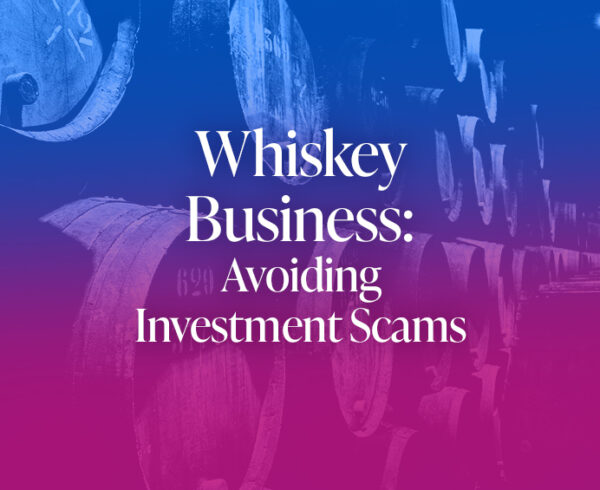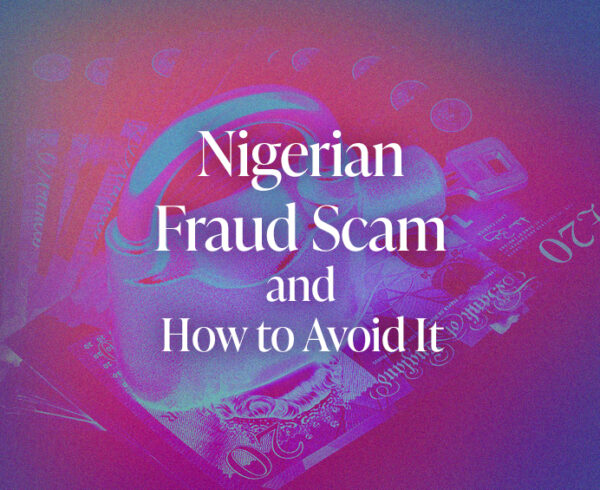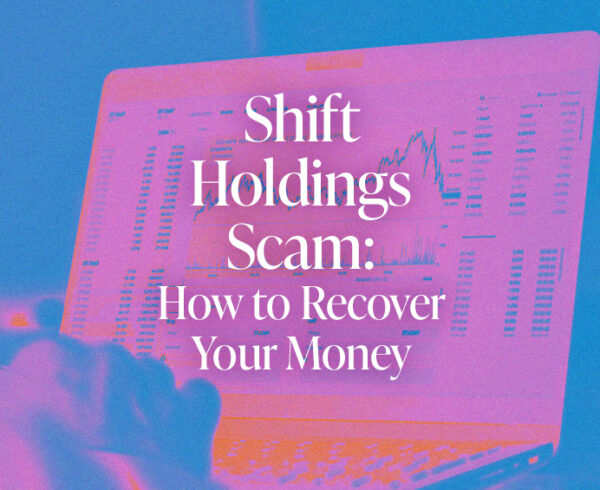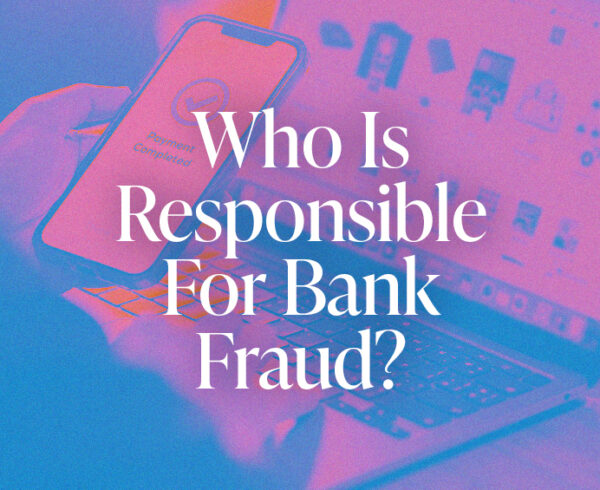Cryptocurrency has quickly become one of the most talked-about financial trends. With stories of people making large profits, it’s no surprise that more and more people are interested in investing in crypto. Unfortunately, this rise in popularity has also led to a surge in crypto-related scams.
In this guide, we’ll explain some of the most common crypto scams, how they work, and what to do if you’ve been affected. If you believe you’ve been the victim of a scam, you are not alone, and help is available.
Crypto Investment Scams
Crypto investment scams usually start with a stranger contacting you, often through social media or email, claiming to be a cryptocurrency “investment manager.” They offer guaranteed high returns with little to no risk, making the opportunity sound too good to miss.
These scammers often use professional-looking websites filled with investment jargon to appear credible. They aim to convince you to invest – but once your money is transferred, it’s unlikely you’ll see it again.
Warning signs:
-
Unsolicited contact from someone claiming to be an investment expert
-
Promises of high, guaranteed returns
-
Pressure to act quickly or risk missing out
Phishing Scams
Phishing scams are designed to trick you into revealing sensitive information, such as passwords or wallet keys. Scammers create fake emails, text messages, or websites that look like trusted crypto platforms.
They often pretend to be from well-known exchanges or wallet providers, urging you to log in to your account. Once you do, they capture your details and use them to steal your funds.
Warning signs:
-
Emails or messages with urgent requests to “verify” your account
-
Links that direct you to websites that look real but have slightly altered web addresses
-
Poor grammar or formatting in emails claiming to be official
Fake Crypto Exchanges
Another common crypto scam involves fake cryptocurrency exchanges or wallet services. These platforms often look genuine and may even claim to be authorised by financial regulators like the Financial Conduct Authority (FCA).
They may allow you to deposit funds and even make a small withdrawal at first to build trust. But when you try to withdraw a larger amount, you’re hit with hidden charges or locked out altogether.
Warning signs:
-
Claims of regulation that can’t be verified
-
Requests for high withdrawal or “security” fees
-
A new or little-known platform with few real reviews
Celebrity Impersonation Scams
Scammers frequently use fake celebrity endorsements to make their scams look trustworthy. They might use the names and images of public figures like Elon Musk, Martin Lewis, or Holly Willoughby to promote a cryptocurrency scheme.
Thanks to advanced technology, scammers can now create AI-generated videos known as deepfakes. These clips can be very convincing, making it hard to tell whether the person in the video is real or fake.
Warning signs:
-
Social media posts or videos featuring celebrities endorsing crypto investments
-
News articles or ads that don’t link to trusted sources
-
Sudden messages claiming you’ve won or qualified for a celebrity-backed scheme
Screensharing Scams
Some scammers try to access your computer or phone by asking you to install screen-sharing software like AnyDesk, TeamViewer, or Microsoft Teams. They claim they need to help set up your crypto account or resolve a technical issue.
Once connected, they can see everything on your screen – and in many cases, they use this access to steal bank details, wallet credentials, and other private information.
Warning signs:
-
Requests to install or use screen-sharing tools
-
People offering help who you haven’t contacted first
-
A sudden loss of control over your device or accounts













